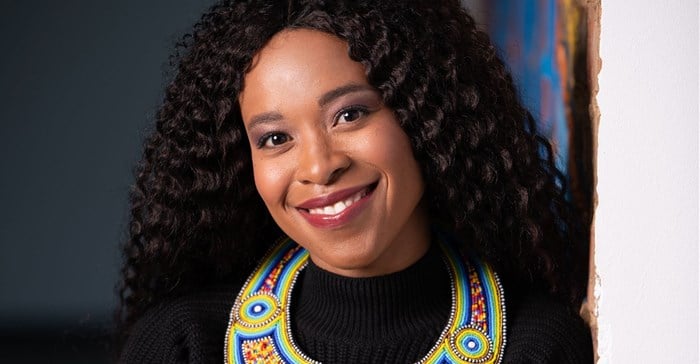Marketing & Media trends
Industry trends
BizTrends Sponsors
Trending
#BizTrends2020: Women the winners as insurance gets personal

A brave new world
In fact, the top trend we see in the short-term insurance industry as we head into the new decade isn’t the rise of technology and artificial intelligence, but rather the dawn of a brave new world of insurance, with new clients demanding new solutions. It’s hardly surprising: the traditional insurance industry has long been ripe for disruption – and it’s all being driven by clients, who simply want a better way of doing insurance.
Let’s get personal
As a result, we’re seeing a trend of increasing personalisation in the industry, where insurers cover you for your unique risks and circumstances. People don’t want to be lumped into a group and judged by the standards and misdeeds of others. They want policies being priced according to their individual risk profiles, as lifestyle apps integrate data from multiple sources to create a better understanding of their behaviour.
As luck would have it, this tends to benefit women. In general, women pay less for their short-term insurance, because they tend to have better risk profiles than men - especially when it comes to car insurance. They take fewer risks, make more careful decisions, don’t succumb to road rage and cause less damage in accidents. While women’s frequency of incidents is higher, the cost of the damage caused is lower. Men might have a slightly lower frequency of incidents, but they cause more calamitous damage and their claims are more expensive.
In the European Union, insurers aren’t allowed to factor gender into their risk assessments. So, they use sophisticated tools to assess personal risk as accurately as possible. The effects are largely the same.
Attracting the female market
Insurers are also being more flexible than ever with their products, as they look to cater to more specific market segments. But many are rediscovering the largest segment of all: female customers. It means women are starting to seek out those insurers who listen better to their needs, and offer them tailored products and premiums.
That’s because women buy insurance differently to men. Men are transaction-oriented. Women are relationship-oriented. They want to trust the person they’re talking to, and know that they’re being recognised as individuals and economic decision-makers in their own right.
Keep the customer satisfied
Which leads us to perhaps the most-overlooked trend of all in short-term insurance: the customer experience. Let’s face it, most insurers will tell you they’re focused on the customer experience. But they’re not. Because delivering a superior customer experience takes more than friendly call centre agents: it requires a company culture and business model in which you focus less on products and operational efficiencies, and more on the customer and their experience with you. In a highly-competitive market, this is becoming a critical differentiator.












